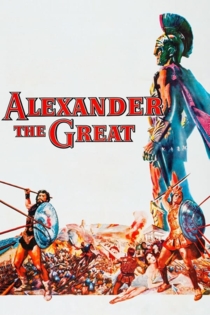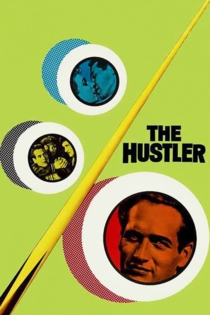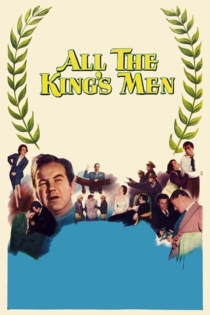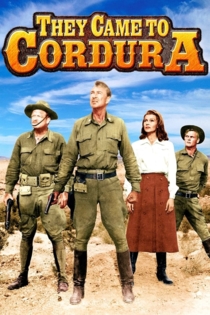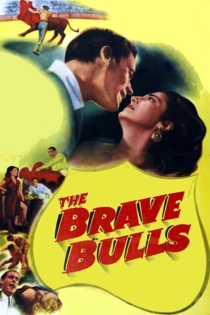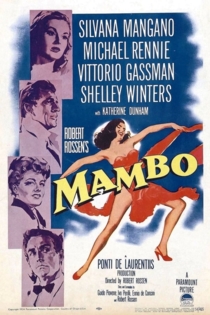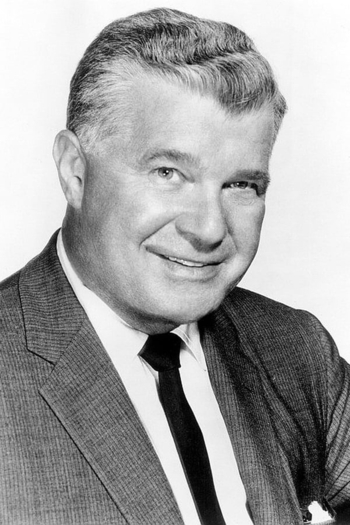
Robert Rossen
1908 - 1966After directing and writing for the stage in New York, Rossen moved to Hollywood in 1937. There he worked as a screenwriter for Warner Bros. until 1941, and then interrupted his career to serve until 1944 as the chairman of the Hollywood Writers Mobilization Against the War, a body to organize writers for the effort in World War II. In 1945 he joined a picket line against Warner Bros., making an enemy of Jack Warner. After making one film for Hal Wallis's new-formed production company, Rossen made one for Columbia Pictures, another for Wallis and most of his later films for his own companies, usually in collaboration with Columbia.
Rossen was a member of the American Communist Party from 1937 to about 1947, and believed the Party was "dedicated to social causes of the sort that we as poor Jews from New York were interested in."[1] However, he finally ended all relations with the Party in 1949. Rossen was twice called before the House Un-American Activities Committee (HUAC), in 1951 and in 1953. He exercised his Fifth Amendment rights at his first appearance, refusing to state whether he had ever been a Communist. As a result he was unofficially blacklisted by the Hollywood studio bosses, and he was unable to renew his passport. At his second appearance he named 57 people as current or former Communists and was removed from the unofficial blacklist.
After this, he had to produce his next film, Mambo, in Italy in 1954 to repair his finances. While The Hustler in 1961 was a great success, conflict with the star of Lilith so disillusioned Rossen that he made no more films during the last three years of his life.
Rossen's films for Warner generally described the conditions of working people, the portrayal of gangsters and racketeers, and opposition to fascism. He wrote that ambition and the desire for success were common themes in his work. His films often featured strong female characters. All Rossen's playscripts were adaptions except three which were based on real events. While head of production at Warner, Wallis considered that some of his best films were written by Rossen.
Description above from the Wikipedia article Robert Rossen, licensed under CC-BY-SA, full list of contributors on Wikipedia.
Body and Soul
Robert Rossen
John Garfield, Lilli Palmer
Charley Davis, against the wishes of his mother, becomes a boxer. As he becomes more successful the fighter becomes surrounded by shady characters, including an unethical promoter named Roberts, who tempt the man with a number of vices. Charley finds himself faced with increasingly difficult choices.
Body and Soul
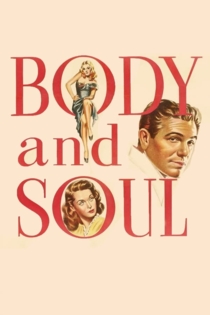
Lilith
Robert Rossen
Warren Beatty, Jean Seberg
Vincent Bruce, a war veteran, begins working as an occupational therapist at Poplar Lodge, a private psychiatric facility for wealthy people where he meets Lilith Arthur, a charming young woman suffering from schizophrenia, whose fragile beauty captivates all who meet her.
Lilith
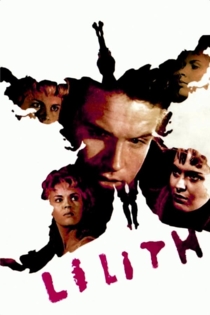
Johnny O'Clock
Robert Rossen
Dick Powell, Evelyn Keyes
When an employee at an illegal gambling den dies suspiciously, her sister, Nancy, looks into the situation and falls for Johnny O'Clock, a suave partner in the underground casino. Selfish and non-committal by nature, Johnny slowly begins to return Nancy's affection and decides to run away with her, but conflict within his business threatens their plans. As Johnny tries to distance himself from the casino, his shady past comes back to haunt him.
Johnny O'Clock
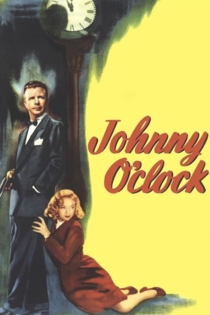
Island in the Sun
Robert Rossen
James Mason, Joan Fontaine
On a Caribbean island, a rich landowner's son, Maxwell Fleury, is fighting for political office against black labor leader David Boyeur. As if the contentious election weren't enough, there are plenty of scandals to go around: Boyeur has a secret white lover and Fleury's wife, Sylvia, is also having an affair. And then, of course, there's the small matter of a recently murdered aristocrat.
Island in the Sun

Alexander the Great
Robert Rossen
Richard Burton, Fredric March
An engrossing spectacle set in the 4th-century BC, in which Alexander of Greece leads his troops forth, conquering all of the known world, in the belief that the Greek way of thinking will bring enlightenment to people. The son of the barbaric and ruthless King Philip of Macedonia, Alexander achieved glory in his short but remarkable life.
Alexander the Great
